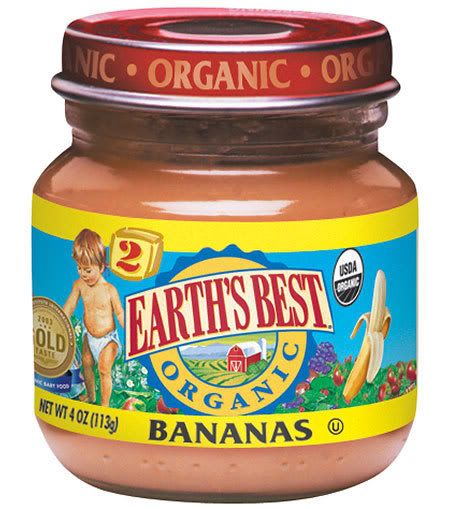Is organic food the best?
Yes, there is no doubt about it. Food that is grown organically is free from all the toxins that are used commonly in conventional farming practices. Examples of such toxins include pesticides (some of which have been classified by the federal authorities as carcinogenic), solvents such as benzene and toluene, and some heavy metals such as lead and mercury. Evidence from the scientific community has shown that:
Solvents damage our white blood cells and in so doing reduce our immune system's ability to resist and fight infections;
Heavy metals damage nerve function, leading to diseases like multiple sclerosis and the lowering of one’s IQ. They also block hemoglobin production leading to anemia.
As such, while eliminating our exposure to these dangerous substances, organically grown foods contain higher levels of nutrients, vitamins, and minerals.
Eating organic significantly reduces our children’s exposure to organophosphate pesticides
Eating organic foods provides children with “dramatic and immediate” protection from exposure to two organophosphate pesticides that have been linked to harmful neurological effects in animals and humans, shows a study funded by the US Environmental Protection Agency and published in the September 2005 issue of Environmental Health Perspective. The pesticides – malathion and chlorpyrifos – which have been restricted or banned for home use, are widely used on a variety of crops, and according to the annual survey by the U.S. Department of Agriculture Pesticides Data Program, residues of these organophosphate pesticides are still detected in common food items usually by young children.
What substances do we avoid by eating organic food?
Pesticides: By far the largest groups of toxins to be largely prohibited from organically grown foods are synthetic pesticides, which are found virtually everywhere else in the food supply.
Heavy metals: The toxic metals cadmium, lead, and mercury enter the food supply through industrial pollution of soil and groundwater and through machinery used in food processing and packaging. Cadmium, which can be concentrated in plant tissues at levels higher than those in soils, has been linked to lung, prostate and testicular cancers. Mercury is toxic to brain cells and has been linked to autism and Alzheimer's disease.
Solvents: Used to dissolve food components and produce food additives, solvents are also virtually omnipresent in commercially processed food. Solvents, such as benzene and toluene have been linked to numerous cancers. Benzene, specifically, has been repeatedly associated with rheumatoid arthritis – an auto-immune condition involving pain and degeneration in the joints that affects over 2 million adults in the U.S.
Not only are these toxic substances harmful singly, but when combined, as they are in commercially grown and processed food, and in the human body where they accumulate, their effects have been found to be magnified as much as a 1000-fold.
The message is quite clear, to minimize your child’s exposure to pesticides and other toxins, ALWAYS CHOOSE AND CONSUME ORGANIC.
If you would like to try Organic Baby Food, you can visit Earth's Best Baby Food http://www.earthsbest.com/index.php

I actually made all of my 3 year olds baby food! I had never been a SAHM before having her (I have a 13 year old and I was a fulltime working mom)so it was fun for me!
ReplyDeleteI wish they would've had more options for organics when my oldest was a baby